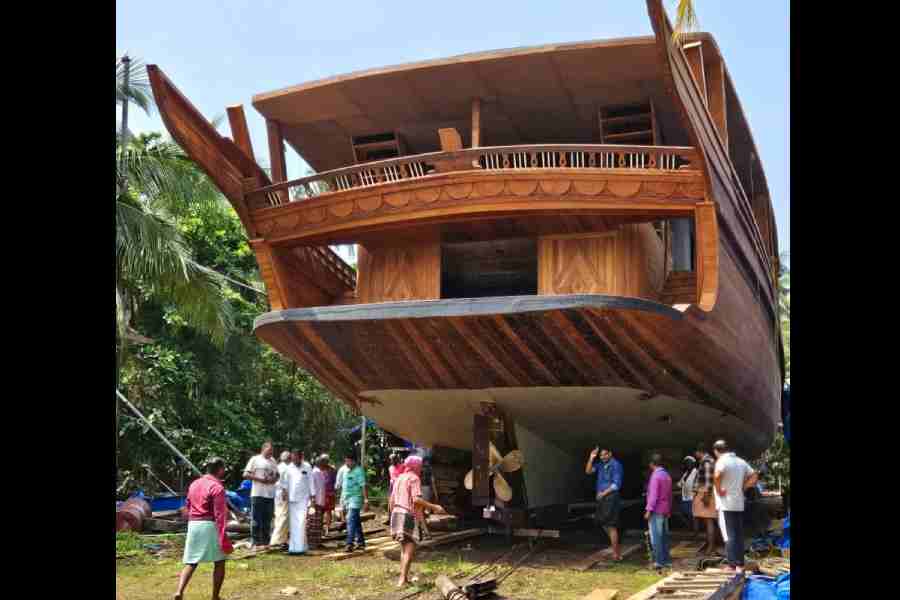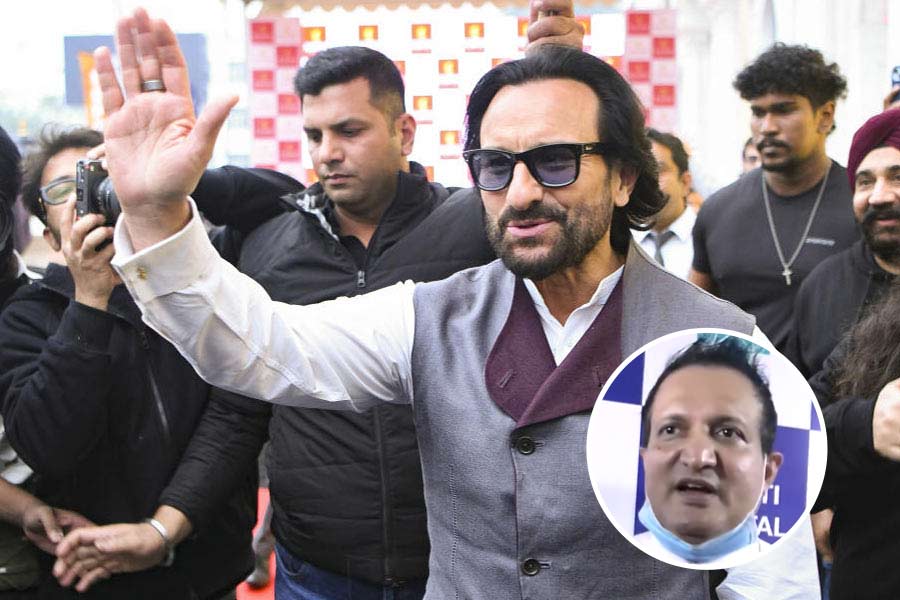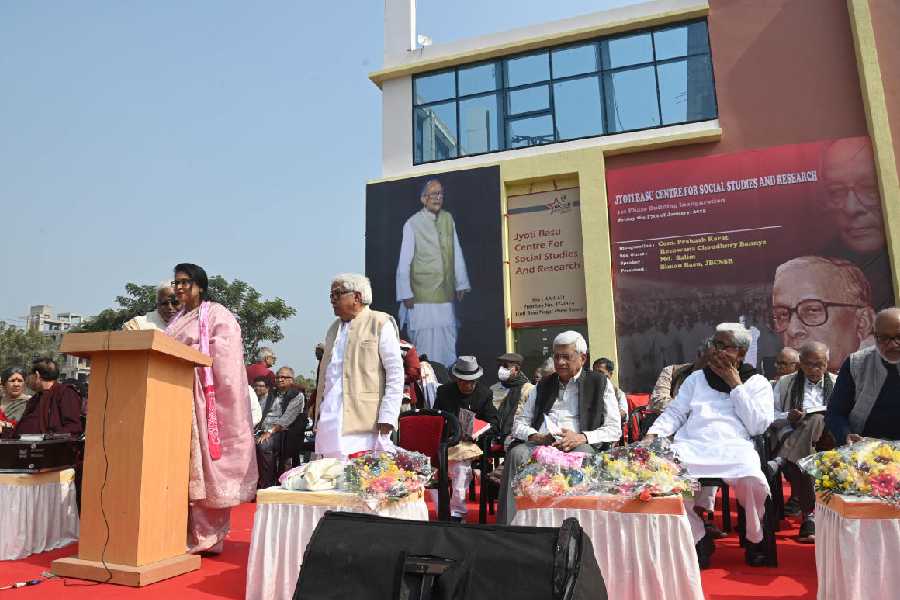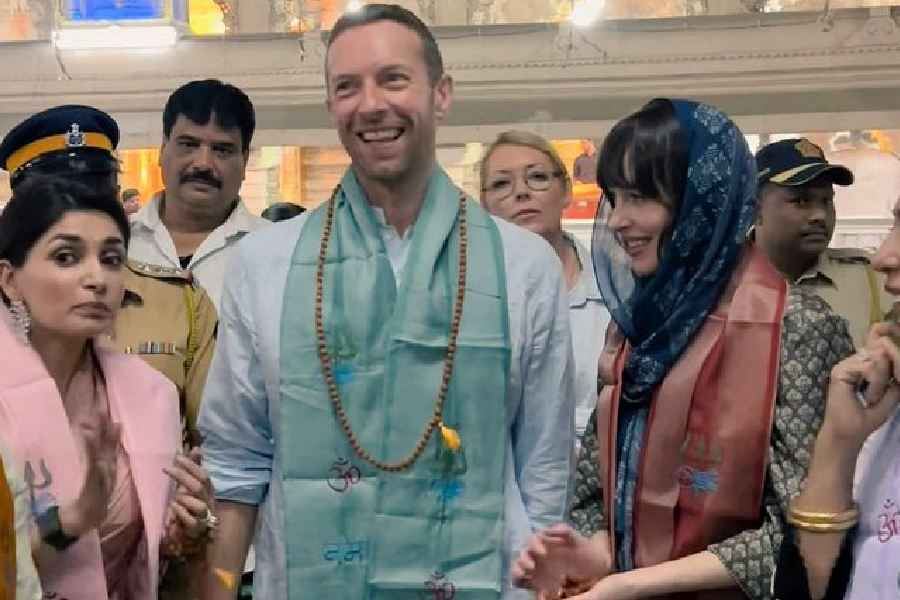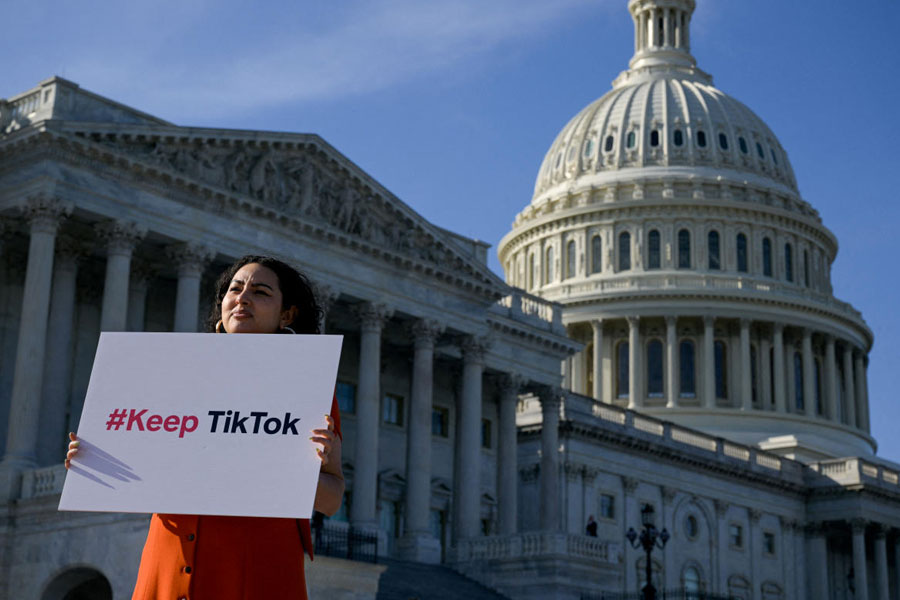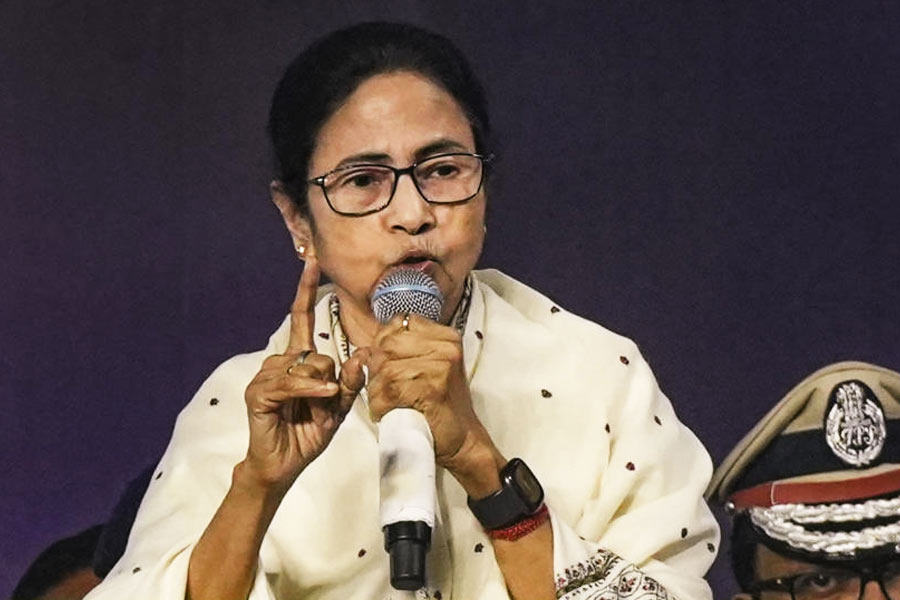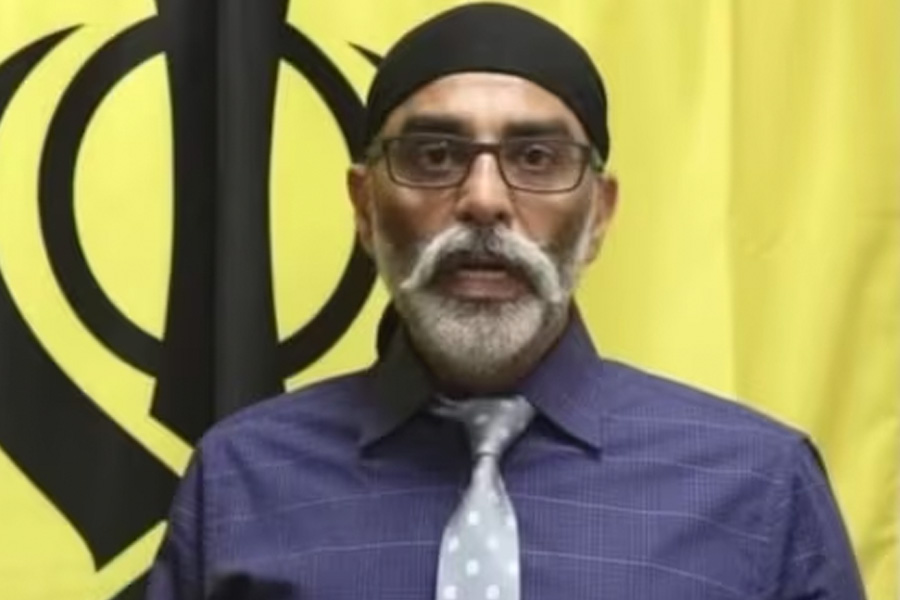For centuries, wealthy Arab merchants came to Kozhikode to buy their dhows – long wooden vessels with slanting triangular sails that transported spices and other goods across the Indian Ocean and the Red Sea.
But the floods of 2018 and 2019 and the pandemic that followed, and the unavailability of the top-quality teak wood from Nilambur that went into the making of the dhows (uru in Malayalam), have dealt the traditional manufacturers and their workers, called khalasis, a huge blow.
This at a time when these dhow-makers — based around Beypore harbour in Kozhikode — were already facing lower demand compared with their fathers and grandfathers.
However, the private yard of Sathyan Edathodi again promises to bustle with activity like before thanks to an Arab industrialist, Mohammad Abdullah Ibrahim Al Marzooki, who came visiting Beypore on Sunday seeking a specially designed dhow.
Time was when nearly 200 khalasis worked in the yard almost round the year. That was when Sathyan’s grandfather helmed the business. Now, about 25 khalasis work for only a few months a year. Most of the others have shifted to ordinary carpentry to earn a living.
Yet, a testament to the skill of this small band is visible to everyone in Beypore harbour — in the hulking form of a gleaming 140ft-long dhow they have built for a Qatari businessman.
It normally takes two to four years to build a dhow but nature’s serial obstacles ensured this one took over five years. Priced at ₹3.5 crore, the sailboat is waiting for paperwork to be completed so it can start its voyage to Qatar.
Sathyan, 59, told The Telegraph that the industry’s biggest challenge post-pandemic was the unavailability of quality Nilambur teak wood, “the best teak wood in the world”. So, he is getting his teak wood from “Muvattupuzha and Kalady in Ernakulam district”.
“The timber mills are no longer sourcing 40-plus-years-old teak wood (which is the best); they are cutting the trees early. So, work orders have come down, forcing the khalasis to look for ordinary carpentry jobs,” he said.
“A khalasi gets ₹1,200-1,350 per day (on a dhow yard) but ordinary carpentry jobs might bring him ₹1,000.”
Sathyan has been handing out experience certificates to khalasis under his tutelage at his Sayoos Wood Works in Beypore, so that they can get jobs at dhow-manufacturing units in West Asia.
Another challenge is the lack of a proper yard to build the dhows. “If dhow manufacturing has to be maintained as a traditional craft, the state government has to step in and build a yard first,” Sathyan said.
Sathyan builds his dhows on riverside land he has rented. From there the sailboats have to be towed 10-15m to the river and taken to the Beypore harbour, which isn’t large enough for onsite dhow-building.
During his last visit to Qatar, Sathyan saw an old dhow manufactured by his late father, Swami Kutty, that he recalled had sailed from Beypore in 1965. He asserted that it still looked “as good as new”, holding this up as evidence of the quality of the Nilambur teak wood.
Sathyan has his son E. Jishnu, a bank accountant in Kozhikode, help him prepare work orders. Jishnu told this newspaper that the dhows’ buyers are usually West Asian royal families. But recently, wealthy Arab industrialists have also developed a taste for the dhow.
“Not everyone can buy a dhow as it costs several crores. There has to be a concrete dhow jetty to anchor the vessel, which only the affluent can afford,” Jishnu said.
Someone like Al Marzooki, that is, whose interest in getting a dhow has come as a godsend for Sathyan and his khalasis.
The 52-year-old Arab businessman — who is mainly into manufacturing lubricant oils — had visited Beypore once before, in 1986, when he came as a boy accompanied by his father and grandfather. They sailed back in a dhow.
Dais Idiculla, a Malayali working as a business consultant for Al Marzooki, said his boss wanted to revive the lost glory of the once thriving maritime hub of Beypore.
“Earlier, the dhow carried black pepper and other spices from Kerala to West Asia and beyond. Al Marzooki has decided to come up with a design for the dhow he wishes to have, and get it made by Sathyan Edathodi,” Idiculla said.
Arabs today use dhows mainly for tourist cruises in the Gulf and for pleasure trips. The abra — a traditional boat ride across the Dubai creek — is popular in the UAE. These dhows are mostly made in Beypore or at West Asian shipyards owned by wealthy Arabs.
Apart from Sathyan, Beypore has one more dhow manufacturer in Kuthiraparambil Hamza Koya, who now lives abroad and could not be contacted.

